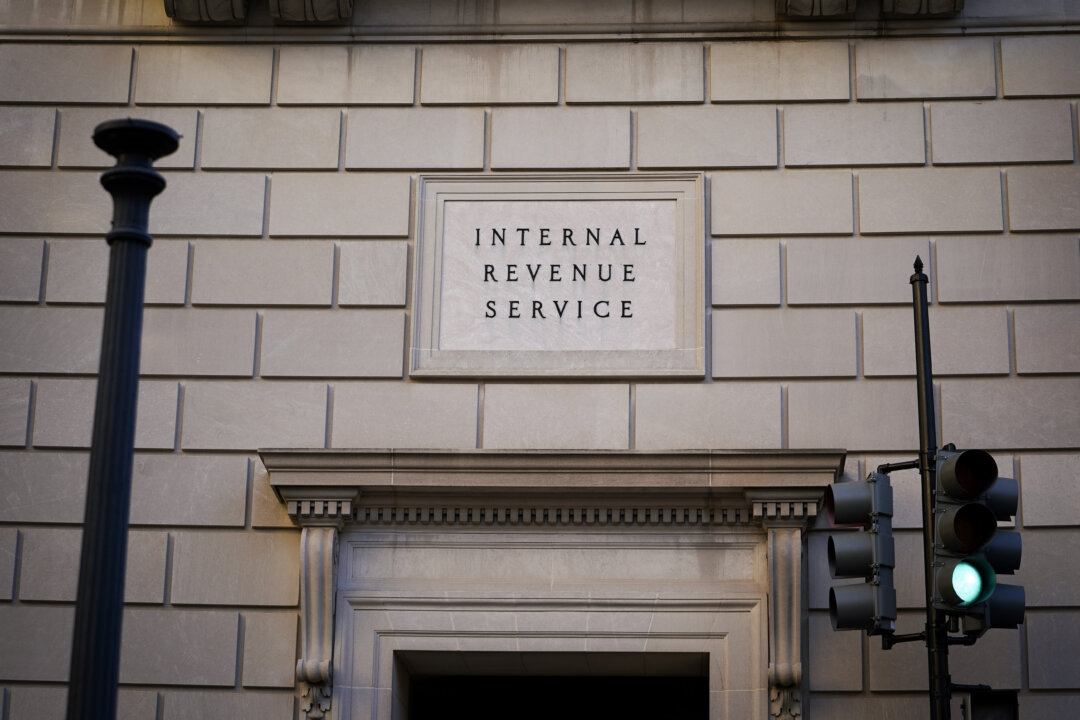The service is set to be expanded to 24 states starting with the 2025 filing season.
A group of Republican lawmakers is asking President-elect Donald Trump to stop the U.S. Internal Revenue Service’s (IRS) free online tax filing tool Direct File as soon as he returns to the White House.
Direct File was run as a pilot during the 2024 filing season, with more than 140,000 taxpayers in 12 states using the service. In May, the IRS announced that it will become a permanent option for filing federal returns starting in the 2025 tax season.
In a letter to Trump on Tuesday, 29 House Republicans asked him to take “immediate action, including but not limited to a day-one executive order,” to end the Direct File program, which they said is wasteful and threatens American freedoms.
“The program’s creation and ongoing expansion pose a threat to taxpayers’ freedom from government overreach,” they wrote.
Direct File users file taxes via the IRS rather than a trusted tax preparation service. As such, through the program, the agency “asserts itself as the tax assessor, collector, preparer, and enforcer—all in one.”
The lawmakers said this was “deeply concerning and a clear conflict of interest.” The tax agency has no incentive to ensure that Americans filing through Direct File do not end up paying more taxes than what is due, they noted.
The Republicans alleged the Direct File program is part of a larger plan to surveil the finances of American citizens and audit those who disagree with them.
“Even prior to the Biden-Harris administration, the IRS has a long record of abusing its authority to target political opponents. How can we entrust the IRS to responsibly prepare and enforce taxes when it has encroached on Americans’ individual liberties at every opportunity?” the lawmakers wrote.
When the expansion of Direct File into 2025 was announced in May, the Treasury Department said the service was a central component of the administration’s plans to ensure “modern, world-class customer service” for taxpayers using resources secured from the Inflation Reduction Act.
Secretary of the Treasury Janet Yellen said President Joe Biden was “committed to saving Americans time and money and ensuring families receive the tax benefits they’re owed” and that Direct File is key to fulfilling these goals.
The department noted that during the pilot phase, Direct File is estimated to have helped users save roughly $5.6 million in filing costs while allowing them to claim over $90 million in refunds.
The letter from House Republicans said that the IRS budgeted $114 million for Direct File in 2024. Given that there were roughly 140,000 taxpayers who used the service, the cost of the program comes to $814 per return, which the lawmakers said was “not an efficient use of government resources.”
The private sector already offers “better tax preparation services at no cost to the federal government,” they said. The IRS should focus on promoting these existing free options using a fraction of the resources it used to create Direct File.
“The results of such efforts would be better for all taxpayers,” the lawmakers said.
Earlier this year, Reps. Adrian Smith (R-Neb.) and Chuck Edwards (R-N.C.), two of the signatories of the letter, introduced a bill to end the Direct File program
The Epoch Times reached out to the IRS for comment on the GOP letter.
The IRS announced in October that Direct File will be available to eligible taxpayers in 24 states—double the number in the pilot phase—beginning with the coming filing season.
During the pilot period, Direct File was available in the following states—Arizona, California, Florida, Massachusetts, Nevada, New Hampshire, New York, South Dakota, Tennessee, Texas, Washington State, and Wyoming.
For the 2025 season, the service will also be available in Alaska, Connecticut, Idaho, Kansas, Maine, Maryland, New Jersey, New Mexico, North Carolina, Oregon, Pennsylvania, and Wisconsin.
The agency estimates that over 30 million taxpayers in these 24 states will be qualified to use Direct File next year.
“Direct File is an important component of a stronger, more comprehensive tax system that gives taxpayers electronic filing options that best suit their needs,” said IRS Commissioner Danny Werfel.
“It is a critical tool in the IRS’s effort to meet taxpayers where they are, give them options to interact with us in ways that work for them, and help them meet their tax obligations as easily and quickly as possible.”
The letter was also sent to Elon Musk and Vivek Ramaswamy, both of whom Trump has selected to lead the new Department of Government Efficiency (DOGE).
DOGE, an extra-governmental entity, aims to reduce wasteful federal spending and restructure government agencies. In mid-November, DOGE also highlighted the complexities of the U.S. tax code, stating that “this must be simplified.”
Musk polled users on his social media platform X in late November whether the IRS’s budget should be reduced, kept the same, increased, or deleted. More than 60 percent of responding users said they want the IRS budget deleted.

